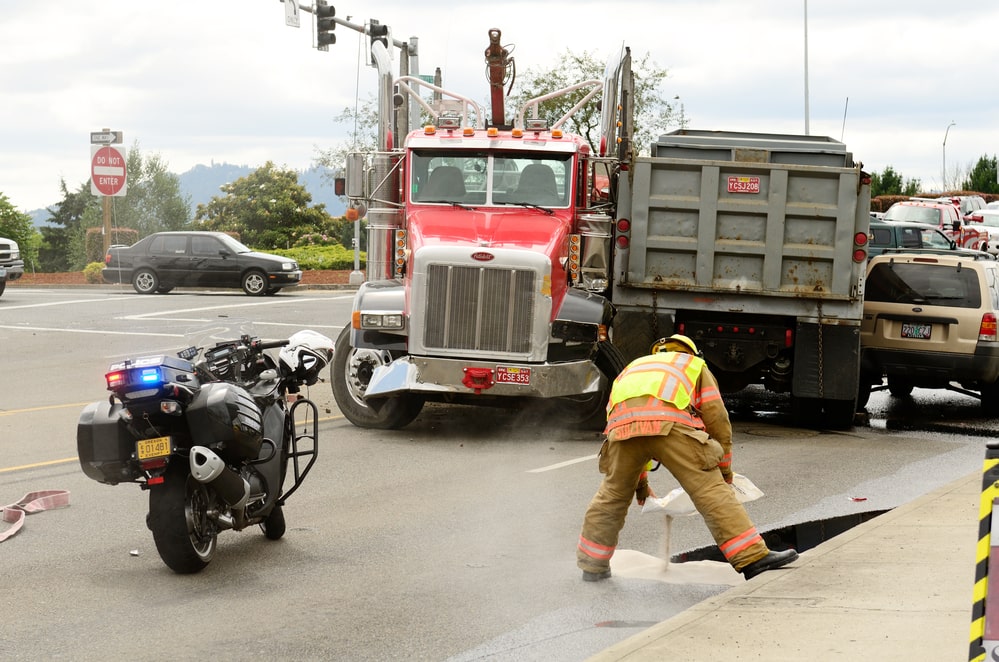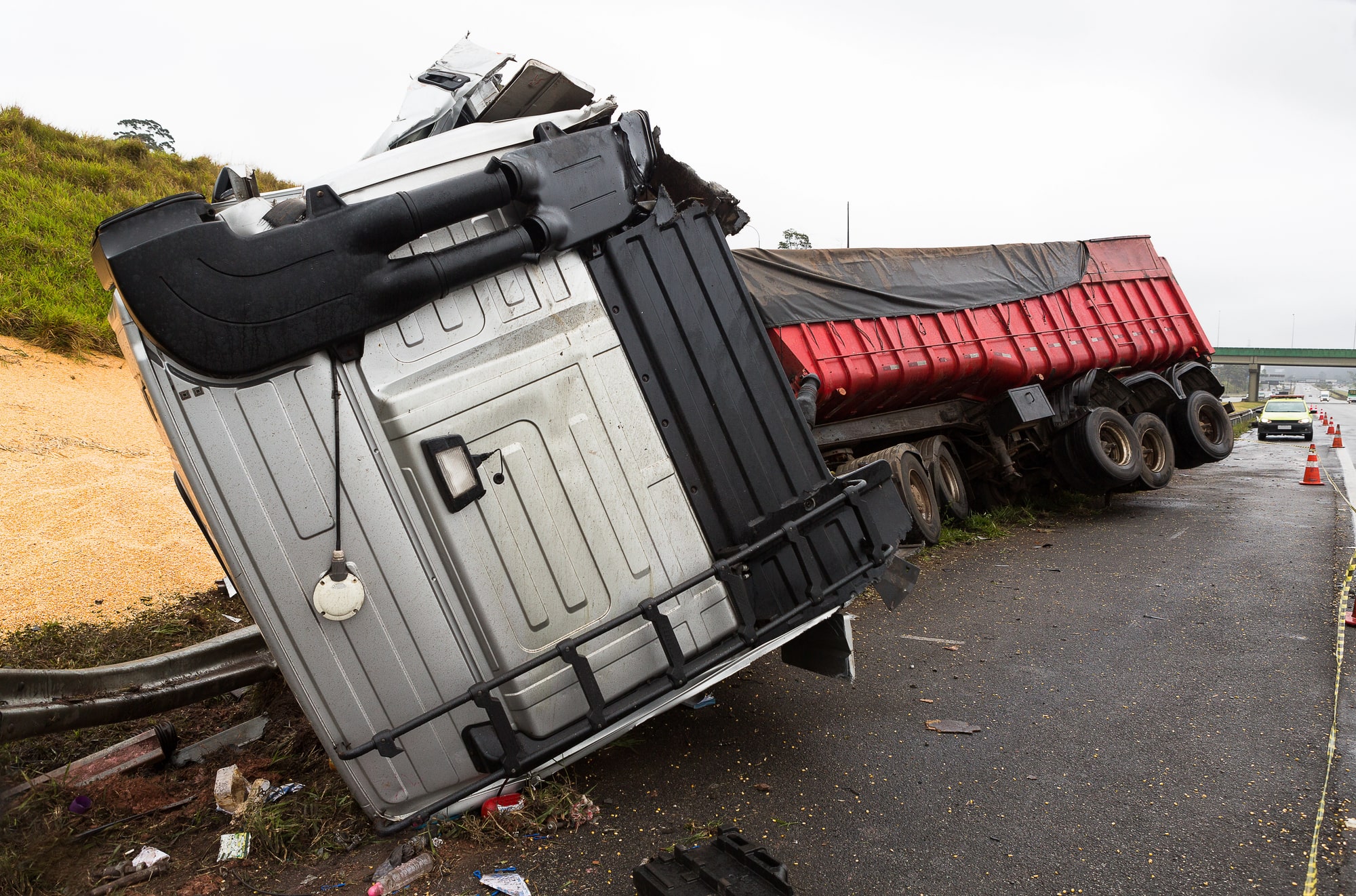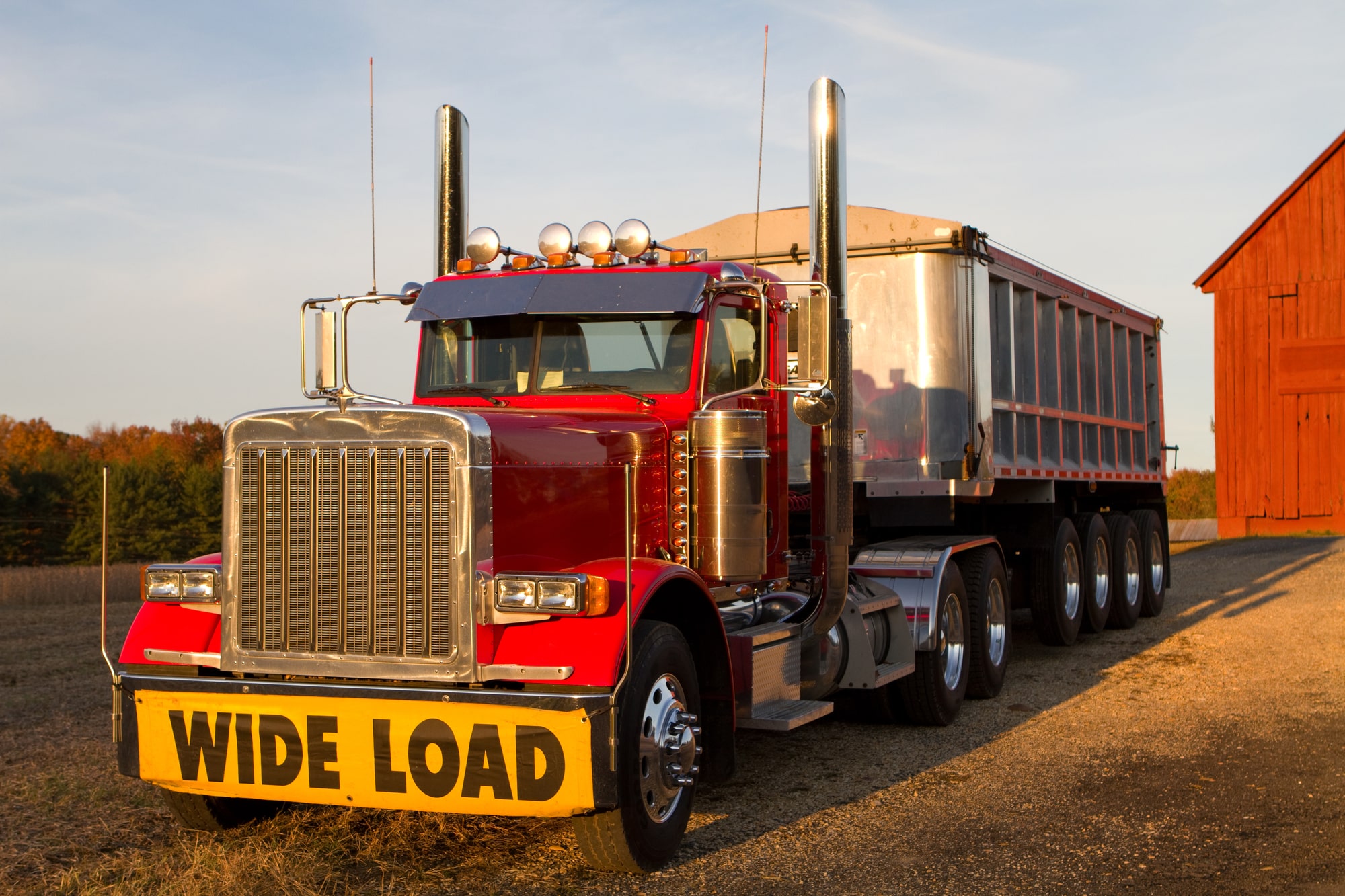Truck accidents often leave behind more than physical injuries. Our Rochester, MN truck accident lawyer knows that for many victims, the mental and emotional impact can be just as serious—and sometimes even more difficult to deal with over time. While it's easy to focus on broken bones, surgeries, or lost workdays, mental health struggles after a truck accident deserve just as much attention.
If you or someone close to you has been through a crash involving a commercial truck, you may already know how hard it can be to feel like things are back to normal. The truth is, recovery isn’t always just about healing physically. It's also about addressing the anxiety, stress, and fear that can linger long after the wreck is cleaned up. We have over 40 years of law experience and ar prepared to talk with you about your case.
Post-Traumatic Stress Is Common
Truck accidents are often violent and sudden, which can lead to symptoms of post-traumatic stress. Some of you may find yourselves reliving the accident through flashbacks or nightmares. Others may avoid driving altogether or feel nervous any time you're near a large truck on the road. These responses are natural, but when they don’t go away—or get worse—they may be signs of something deeper that needs attention.
PTSD doesn’t affect everyone the same way. Some people experience sleep problems, sudden anger, trouble concentrating, or a constant sense of fear. These symptoms can interfere with work, relationships, and daily life. It's not always easy to talk about these issues, but they can be just as serious as physical injuries.
Anxiety And Depression After The Crash
In addition to PTSD, truck accident victims may deal with anxiety or depression. You may feel overwhelmed by medical bills, uncertain about your ability to return to work, or frustrated by the slow pace of recovery. If your injuries limit your independence or prevent you from doing the things you used to enjoy, that emotional weight can build over time.
It’s also common to feel isolated. You might not want to burden family or friends with how you're feeling, or you may worry that others won’t understand what you’re going through. This can lead to pulling away from your support system right when you need it most.
Long-Term Impact And The Path Forward
Mental health hurdles don’t always appear right away. Some of you may feel okay for weeks or even months, only to have symptoms show up later. These challenges can delay your recovery and affect your ability to work or care for your family.
That's why it's important to take mental health seriously from the start. If you're struggling, it’s okay to ask for help. Support groups, counseling, and therapy can make a real difference. Documenting emotional and psychological effects is also important if you're seeking compensation—mental health injuries are part of what should be considered in a personal injury claim.
At Johnston | Martineau PLLP, we’ve worked with many clients who’ve faced these same issues after truck accidents. We understand how serious the emotional toll can be, and we’re here to help you move forward. If you’re dealing with the aftermath of a truck crash and want to discuss your legal options, reach out today. We have won millions for our clients. Let’s talk about what recovery looks like for you—physically, emotionally, and financially.





